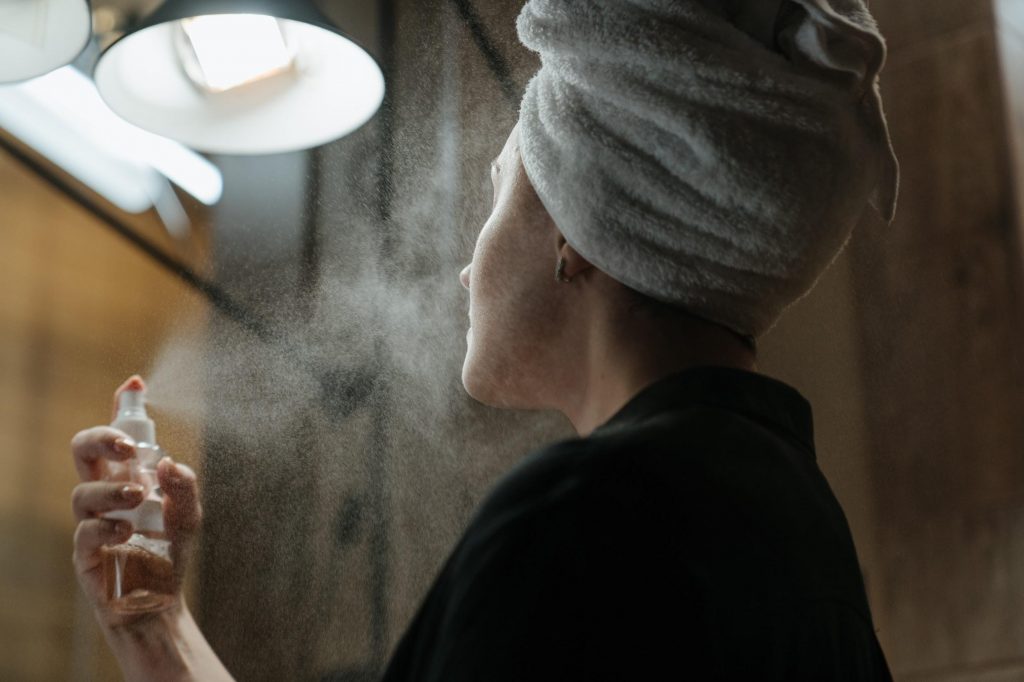5 SKINCARE MYTHS BUSTED
CATEGORY – BEAUTY, SKINCARE
TAGS/HASHTAGS – beauty, skincare, skincaremyths

The beauty and skincare industry never stops evolving. Whilst this has gone hand-in-hand with the advancement of social media, the internet can also be a place for an abundance of misinformation.
Having clear, ageless skin has always been a priority and sometimes it is hard to decipher what we should or should not do when presented with an information overload. To avoid any skincare mishaps, here are 5 myths that you should know more about:
1. Higher concentration provides better results
A highly concentrated product is not necessarily good when it comes to skincare. Almost all serums are made up of 90% water, with only the remaining 10% being the active ingredient. Sederma, who makes Matrixyl 3000, an anti-ageing product, also agrees that there aren’t any better results above that percentage. However, recent advancements mean that lower and gentler doses of stable, effective vitamin C are now also available as an active ingredient in some serum formulations.
2. Natural ingredients vs synthetic ingredients
It is true that natural products are generally preferred, but not all of them are effective. In fact, some natural or organic ingredients can CAUSE skin problems. At the same time, synthetic doesn’t always have to equal bad. For example, peptides in skincare are not real proteins, they are synthesized in a laboratory and make safe
and effective anti-ageing ingredients. In addition, research shows that the way plant components are extracted and stored can impact their efficacy; some of the stored plant extracts are powerful antioxidants while others don’t work at all. Parabens are natural ingredients, as they are found in blueberries and pure maple syrup but they can actually cause harm to the skin.
3. You should feel your skincare tingling, tightening or stinging for it to be effective
Skincare should be painless and if it’s not then the process should be conducted by a professional. As recommended by Dr. Dennis Gross, “the father of facial peels”, chemical peels should be avoided. Using his methods, the skin does not visibly peel and instead is gently exfoliated to reveal a healthier glow. You don’t need to irritate the skin to force recovery, it is supposed to be a slow process of cellular rejuvenation. Shortcuts as such harsh chemical peels hurt your skin and can sometimes do more damage than good.
4. Avoid power ingredients like retinol for sensitive skin types
In the past, retinol was highly recommended for all skin types but a higher concentration is actually not ideal for those with sensitive skin. Skincare professionals believe that there is no such thing as sensitive skin and that it is more about what kind of products a person’s skin can handle. Some people have a tougher biological makeup and can tolerate just about anything, while others need products that are a specific strength. These days there are lighter forms of retinol available such as r-Retionote from Medik8 which is more effective than traditional retinol and can also be tolerated by sensitive skin.
5. Less care for preventative skincare as you get older
Even though repair becomes a priority after a certain age, preventative skincare should never be avoided. Repairing ingredients produce collagen and boost cell rejuvenation, while preventative ingredients protect against the damage caused by creating a shield and preventing hyperpigmentation. So, both of them work together equally to deliver efficient results for ageing skin. The perfect mix of these antioxidants helps to prevent new damage from occurring and existing damage from getting worse.